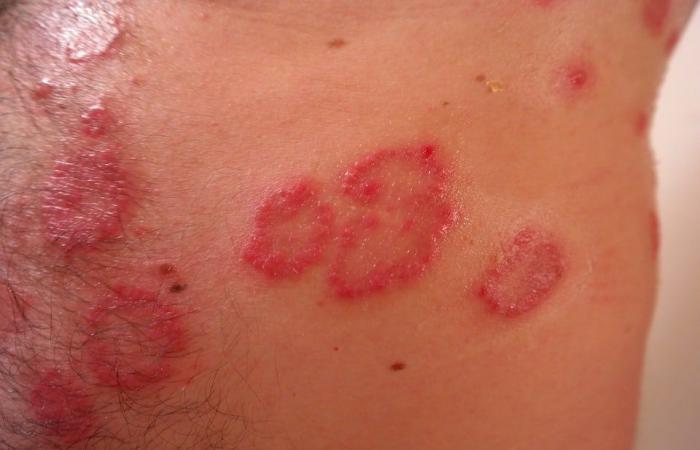A recent study carried out on more than 18,000 participants highlights the potential influence of diet on inflammatory diseases. Researchers have discovered a significant correlation between consumption of ultra-processed foods (AUT) and flare-ups of psoriasis, a chronic disease that affects more than 2 million people in France. However, this study should be taken with a grain of salt, due to the self-assessed questionnaire. Explanations below.
An increased risk of more than 1.5 times
Published in the JAMA Dermatologythis study analyzed data from 18,528 participants, 10% of whom reported having psoriasis. Researchers assessed TUE consumption using a validated self-report questionnaire and classified participants into three categories: never had psoriasis, non-active psoriasis, or active psoriasis. Among the cases identified, 803 were considered active.
The study draws on data from the NutriNet-Santé study, a large French cohort that follows more than 500,000 participants to explore the links between diet and health.
The results show notable demographic differences. The active psoriasis group had a lower proportion of women (68% versus 74%) and a higher prevalence of individuals with a body mass index (BMI) greater than 30 (16% versus 9%). Additionally, strenuous physical activity was less common among people with active psoriasis.
The role of ultra-processed foods in inflammation
Initial analysis revealed higher consumption of AUTs in people with active psoriasis compared to those who never had the disease. Participants consuming the most TUEs had a 1.52 times higher risk of active psoriasis than those who did not consume TUEs. After adjusting for factors such as age, body weight, alcohol consumption and other health conditions, the risk remained significant, with a 1.36-fold increased likelihood.
TUEs are associated with inflammation for several reasons:
- Food additives : Emulsifiers, sweeteners, colors and nanoparticles present in these foods can modify the permeability of the intestinal mucosa and the microbiota, thus promoting inflammation.
- High salt content : The salt in AUTs can stimulate the production of pro-inflammatory T cells.
- High sugar content : Overconsumption of sugar leads to chronic low-grade inflammation.
Ultra-processed foods include soda, chips, candy, ice cream, sugary cereals, and other products that have undergone numerous industrial processes.
Promising results, but more research needed
The authors of the study emphasize that “high AUT consumption is associated with active psoriasis”adding that this pro-inflammatory effect seems independent of a high BMI. However, they acknowledge some limitations, including the risk of misclassification of psoriasis cases due to the self-reported nature of the data. Despite this, the self-diagnosis method used has been validated in previous research.
Researchers call for continued studies to better understand the potential impact of diet on inflammatory diseases.






